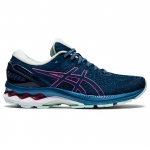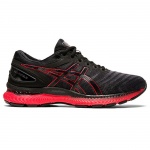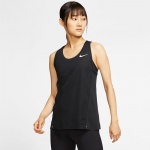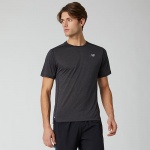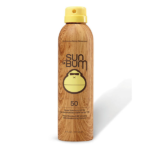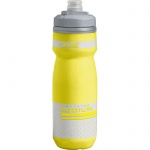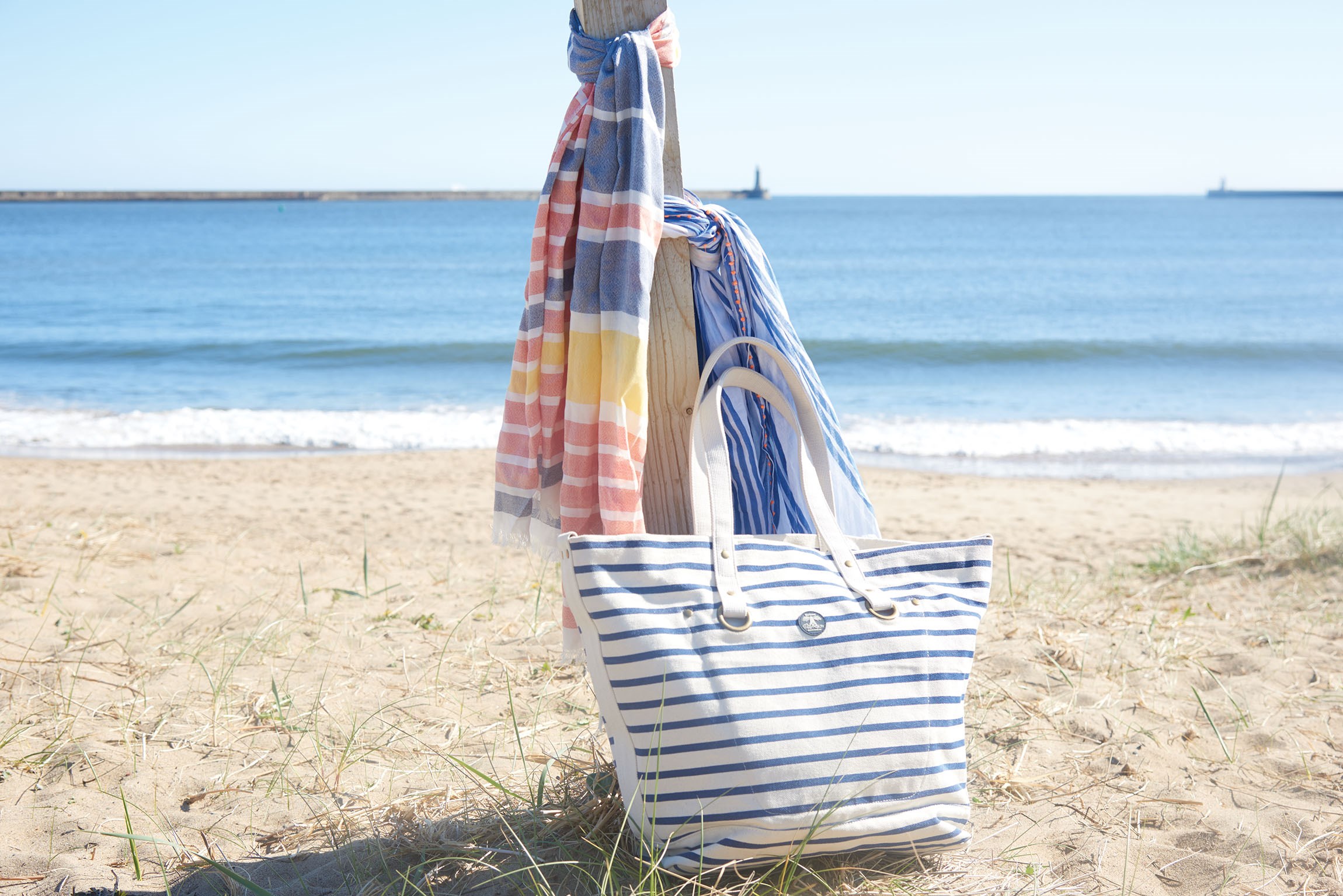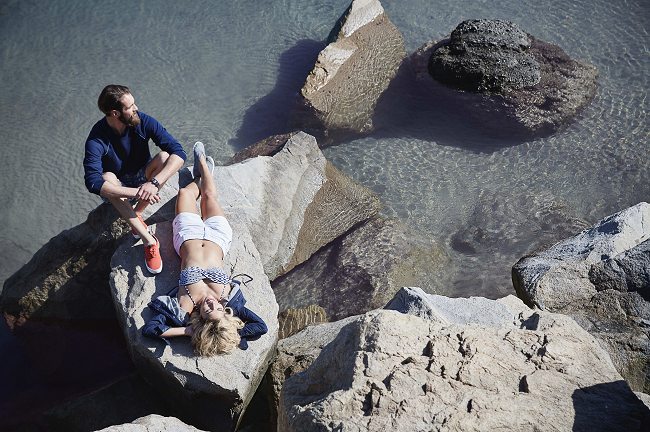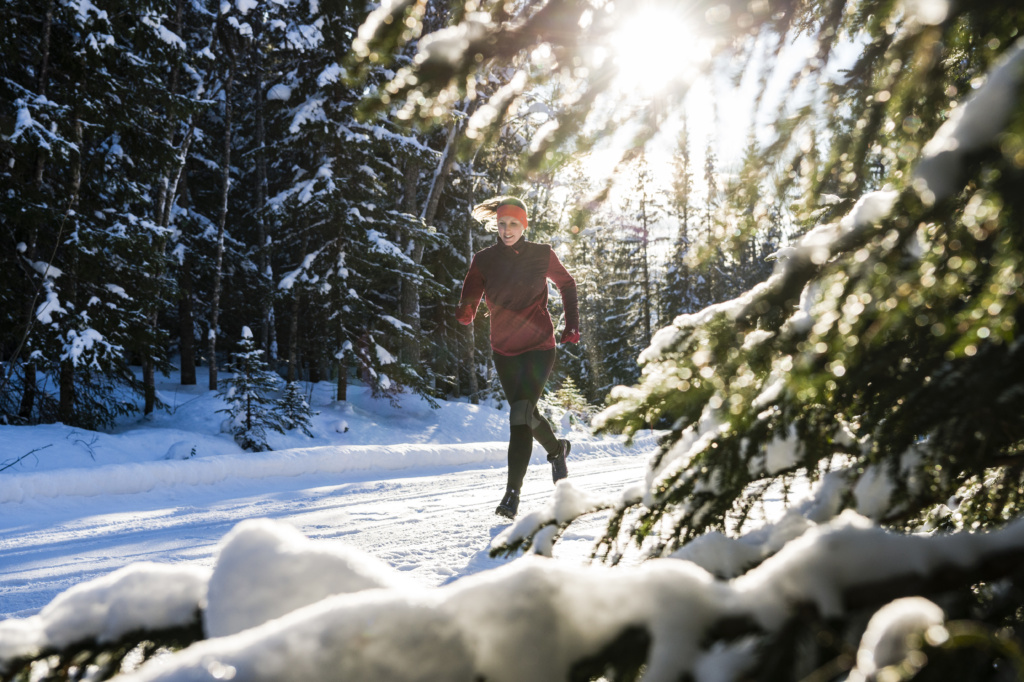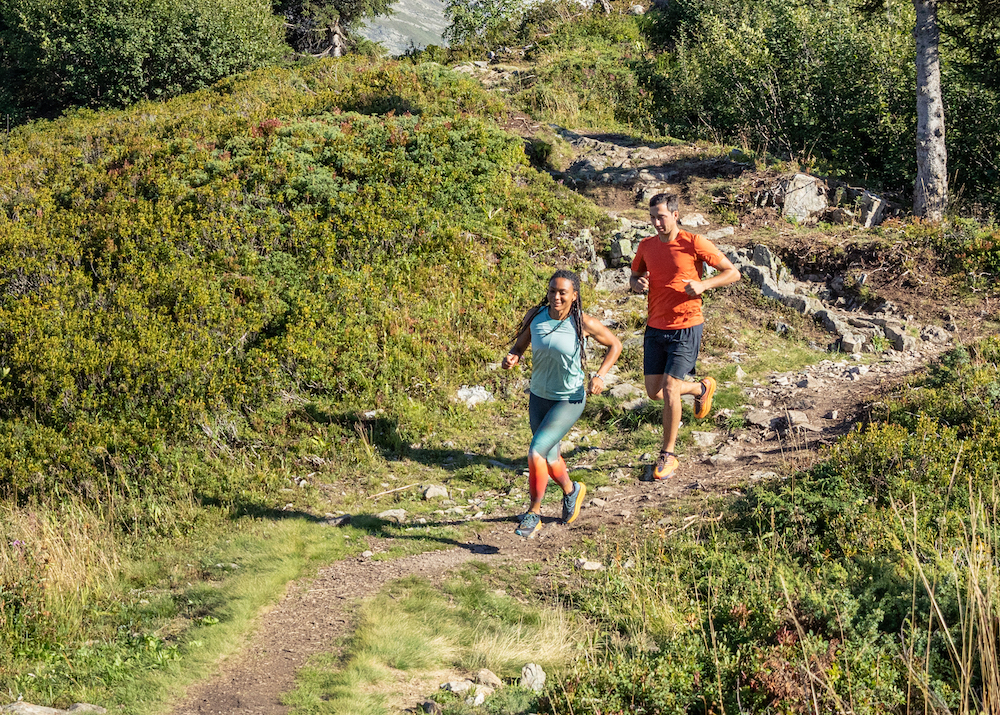
Everyone falls in love with running for a different reason. Maybe it’s to feel a closer connection to family or friends by doing it in a group, to get healthier, or to feel powerful.
But no matter the reason, one thing’s for sure: a lot more Canadians have started running in 2020. Running has always been one of the most accessible forms of exercise and a lot more Canadians have decided to lace up during the COVID-19 pandemic.
“It’s just… you put something on your feet and get out the door,” says Dylan Wykes, the co-founder of the running coaching service, Mile2Marathon, and a member of the 2012 Canadian Olympic team. “The accessibility (of running) is a big thing.”
But while many picked up running — or decided to run longer and faster — during the early days of the pandemic, with summer’s heat on full blast across the country, how can you maintain your progress safely?
Newer runners, Wykes tells us, usually make more mistakes in the warmer weather. They tend to push themselves harder and are not aware of the impact of the heat on their performance or health.
While sun protection should always be a factor in your training (UV-blocking apparel and sunscreen will keep burns at bay), the former Olympian shares his tips on how to get the most out of your runs before the season ends!
1. Stay Hydrated
This is the big one.
Hydration, Wykes says, is something people often get wrong. Many people don’t drink enough during the day and just bring water on their run. That’s “OK,” says Wykes, but a better approach is to hydrate all the time.
“It’s better if it’s a consistent thing,” the Olympian says about drinking water.
If you are hydrated, you need about a cup of water for every 20 minutes of running. If you are running for longer than an hour, you’ll need to drink more frequently.
2. Fuel Up
It’s important, Wykes says, to avoid running on completely empty — especially in the summertime heat. As humans we can store enough glycogen (a kind of glucose that provides the body with energy — foods like pasta are high in glycogen) to last for two hours before we “hit the wall” but according to Wykes, “it’s not smart to do that.”
He suggests eating something (usually carbs that are easily digestible) about an hour before you run and then protein as quickly as possible when you get home.
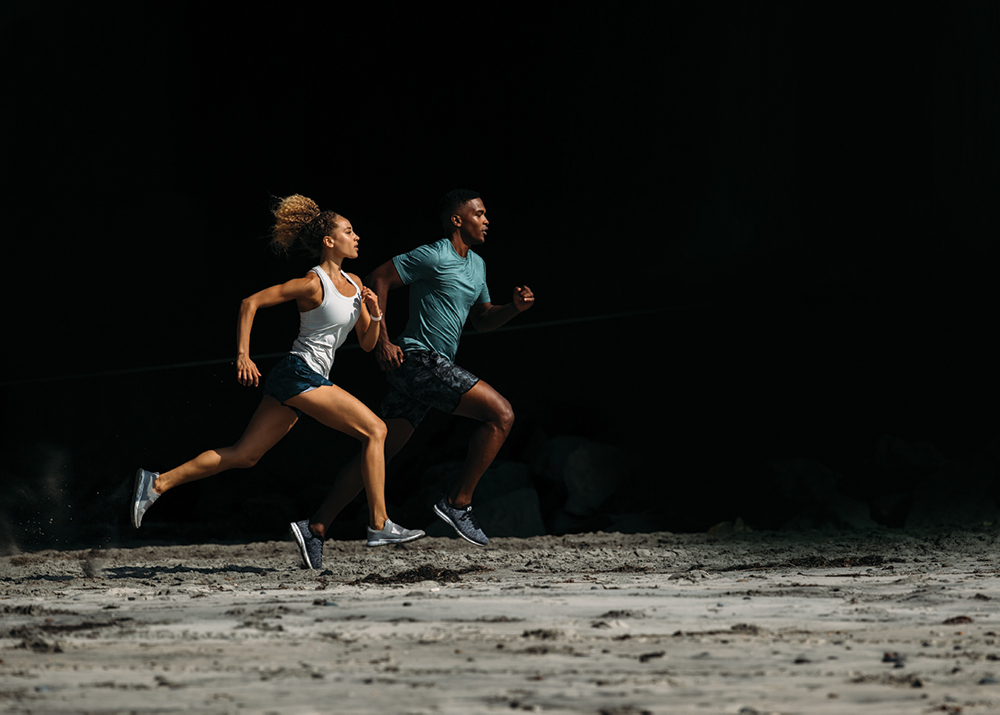
3. Be an Early Bird or Night
No matter if you’re a morning or evening runner one thing is for sure: avoid the heat of the day. It might be an adjustment to what you’ve become used to, but it’s an important shift in timing to stay safe in the summer temperatures.
Wykes says his runners’ summertime training includes more rest between harder bouts of running.
“You have to adjust expectations,” he says. “Often we’re running with a goal of a certain pace but we have to adjust that. We’ll shorten up the time and try to push runs to be earlier or later so then it’s cooler.”
4. Walk Before You Run
It takes about five minutes for the body to be warmed up enough to run. Even just walking will help fire up the muscles and minimize the risk of injury.
Your core body temperature will increase much easily in the dog days of summer versus a chilly wintertime run, but that doesn’t mean your whole body is ready.
Some little stretches and a bit of routine is a good approach, says Wykes. That includes something as simple as doing a bit of a brisk walk before you actually start running.
“You really need to wake up your muscles,” he says.
5. Work on the Mental Toughness
If you’ve picked up running during the beginning of the pandemic, you might be thinking about signing up for a long race in 2021.
“The human body is an amazing thing! If you train it properly you can do some pretty crazy things, but it’s often the mental side that holds us back,” says Wykes.
Mentally preparing for long runs and staying committed to your goals are helpful. This summer, try running a distance you may have never tried before.
“The rewards of setting a goal, like for a race, or running a distance in a certain time can be extremely rewarding, and it can impact parts of other people’s lives in a positive way as well.”
So next time you get those good vibes after a solid run (it’s commonly known as the “runner’s high”) don’t be surprised if they carry through to your day-to-day life as well!
Story by Adam Stanley

